Indeed, Afghanistan’s most celebrated woman activist, Malalai Joya, who became an MP representing Farah Province, was one of the few ordinary Afghan citizens elected by the common people to the 249-seat Afghan National Assembly in September 2005; most of the others bullied their way into the parliament.
Under the shadow of the occupation imposed by the U.S.-led coalition forces, Afghanistan is holding another such election today.
This is only Afghanistan’s second presidential election in its long and eventful history. And unfortunately, like in the previous presidential and parliamentary elections, the major players campaigning for the candidates are infamous warlords, inimicable drug lords, notorious war criminals, mafia dons, and former agents of foreign intelligence agencies. This is really not an election. It is for the most part a tug of war between highly compromised members of Afghanistan’s comprador class. An unabashed power struggle. A farce of democracy that Western powers have organized in order to ‘legitimize’ the continuation of their illegal occupation of Afghanistan.
The United States’ Iraq war has gone dreadfully wrong and the U.S. is desperately seeking an exit strategy but still desires to maintain a foothold in the strategically important crossroads of Central Asia, West Asia, and South Asia by creating the illusion that it is making efforts to cultivate democracy in Afghanistan’s rugged terrain.
This is the shadow play of democracy in Afghanistan.
After the U.S. began trying to push President Hamid Karzai aside, he forged alliances with the likes of Abdul Rashid Dostum, Mohammed Qasim Fahim, Gulbuddin Hekmatyar, Karim Khalili, Abdul Rab Rassoul Sayyaf, Gul Agha Sherzai, and Mohammad Mohaqiq -- the warlords and drug lords who are in fact responsible for Afghanistan’s sorry predicament.
Interestingly, after it began to look almost certain that Karzai would finish in first place -- although he may fail to get the 50 percent of the vote necessary to avoid a runoff election –- his erstwhile bedfellows in Washington jumped back on his bandwagon.
However, a few presidential candidates are catching up with Karzai, especially former foreign minister Abdullah Abdullah, former planning minister Ramazan Bashardost, and former finance minister Ashraf Ghani Ahmedzai, and they may get enough votes to force a runoff.
But the Taliban’s threat to attack polling stations and to cut off fingers stained with indelible ink could scare voters away and cause turnout to dip below 30 percent, which would deprive the victor democratic legitimacy and allow the losers to cry foul.
All this could lead to post-election chaos.
Karzai’s challengers have already threatened to take to the streets if they believe they have been cheated and the lengthy two-month time period before the election runoff could further complicate the situation.
It seems there is still no light at the end of the tunnel for the suffering masses of Afghanistan since the major powers have decided to use it as the main battlefield of the New Great Game.
GJ/HG
END
MNA

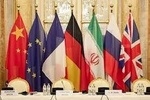
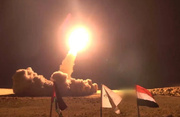
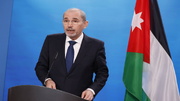
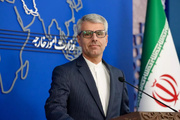
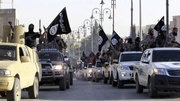
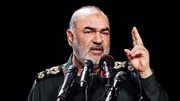

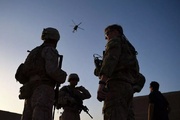
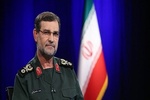
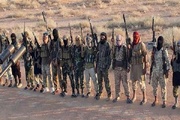
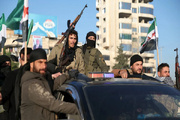


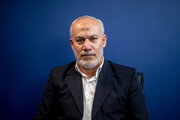


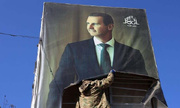
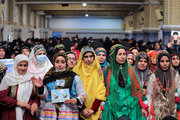


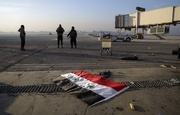
Your Comment